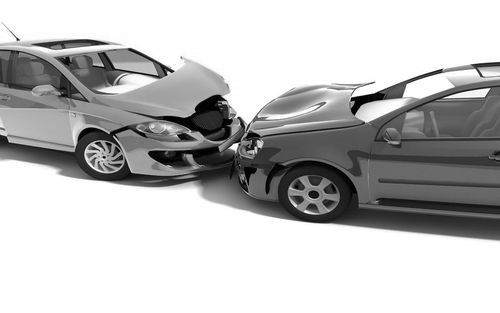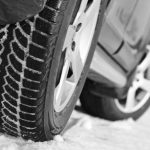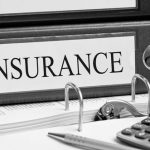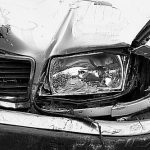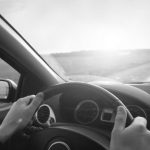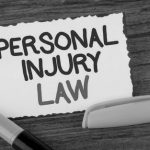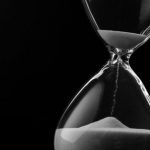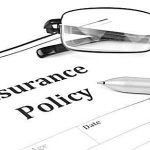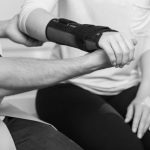According to the North Dakota Department of Transportation, in 2017 there were 15,280 reported motor vehicle crashes in North Dakota. As a result of those crashes, there were 116 deaths, and 4,432 reported injuries. While most of us may be lucky enough to never get into a motor vehicle crash, it is important to know what to do if you or a loved one are in a crash.
What Should I Do Right After The Crash?
First, make sure you and everyone involved are alright. If there are injuries (minor or severe), immediately call 911. Next, make sure everyone is safe. Then, exchange insurance information with the other driver(s). If there are any witnesses to the crash, get their names and phone numbers, and see if they will allow you to record on your cell phone a quick statement of their observations. If police are called to the scene, make sure to provide them with detailed and accurate information of what happened in the crash.
When Do I Have To Report A Crash To The Police?
North Dakota law requires that any crash that results in injury or death, or property damage to an apparent extent of at least $1,000 dollars or more, must be reported to law enforcement. The best way to do this usually is to call 911, especially if there are injuries involved. Here is a quick reference chart for situations where a crash must be reported to law enforcement:

Should I Take The Ambulance If I Am Injured?
If you have car insurance, you will be covered for no-fault personal injury protection (“PIP”) for medical care up to $30,000 for a North Dakota crash. For a recap, here is a blog article written on how PIP coverage works in North Dakota. I mention this because most people we talk with say they would have liked to have taken an ambulance from the crash, but were concerned about the cost. If you have an injury and feel you should take the ambulance, PIP will cover the bill for the ambulance.
Call Your Insurance Company/Agent
Next, as soon as you are able, contact your insurance company to let them know of the crash. Your insurance will want to know the location of the vehicle, if you or others were injured, and may want a recorded statement from you. If it is your insurance company that covered the car you were driving or riding in, you likely have an obligation under the policy to give them a recorded statement. However, the same is not true for the insurance company/companies of the other driver(s) if they contact you and request a recorded statement.
Your insurance will discuss your options related to the property damage, including whether they suggest you handle the property damage through your own insurance or if you should make a claim against the insurer of the other driver/car. Each crash is different, so no general advice can be given here. However, if you have questions on this, seek advice from your own insurance company or attorney.
Treat For Your Injuries
If you were injured in the crash, make sure to get examined by a doctor/chiropractor/physical therapist. It is often best to get treated the same day as the crash. However, same-day treatment does not always reveal the extent of the injuries. In many crashes, it takes days or weeks until some of the symptoms of the injuries appear and create problems. The important thing is to make sure to get treatment for the pain or injuries you have, to ensure the best recovery. As mentioned above, PIP insurance covers medical treatment up to $30,000 in North Dakota; utilize that coverage for your recovery.
What Do I Do If I Am Uncertain I Am Being Treated Fairly?
Many times people involved in crashes have no idea how to navigate insurance coverages, how to fully recover their losses, or they get jerked around by the insurance companies involved. Other times, the other driver’s insurance might try to blame you for the crash, even when you and other witnesses clearly feel it was the other driver’s fault. In these situations, it is always best to seek counsel from an attorney who handles personal injury cases on behalf of victims. Personal injury attorneys understand this area of law and can guide you through the process and get you the justice you deserve for the harms and losses caused by another.
Conclusion
While this is a general non-exhaustive list of things to do after a crash, remember, if you ever have questions, please reach out to a personal injury attorney who can provide some advice. Our Personal Injury Team is here to assist you with questions you may have. If you or a loved one have been involved in a car crash and have questions, call our office at 701-297-2890 or email us below.
The information contained in this article and on this website is for informational purposes only and not for the purpose of providing legal advice. You should contact an attorney to obtain advice with respect to any particular issue or problem you may have related to a car crash.


